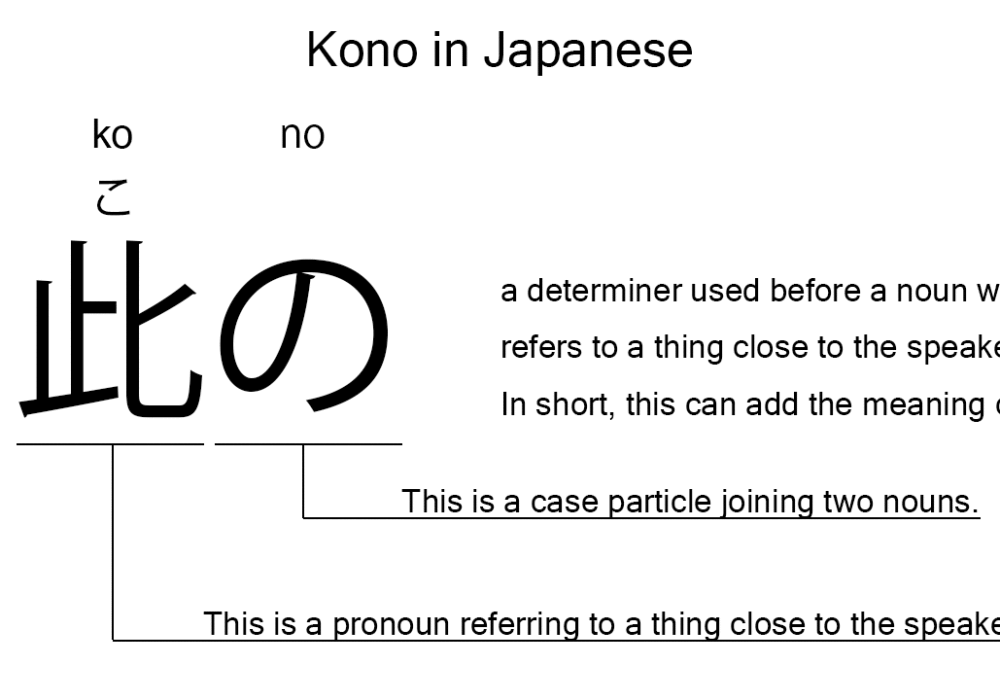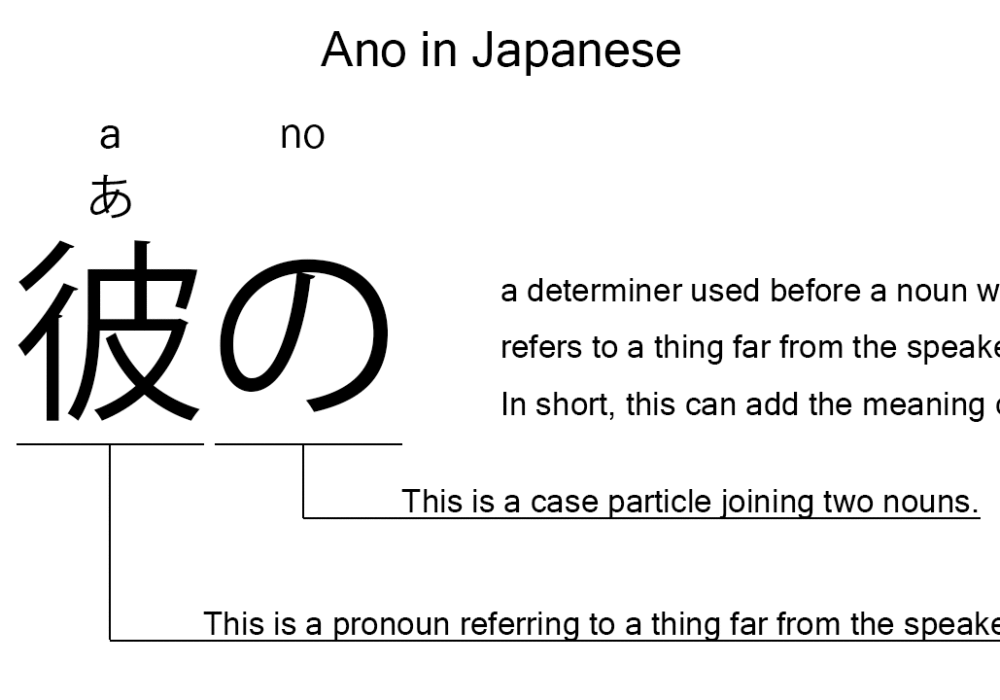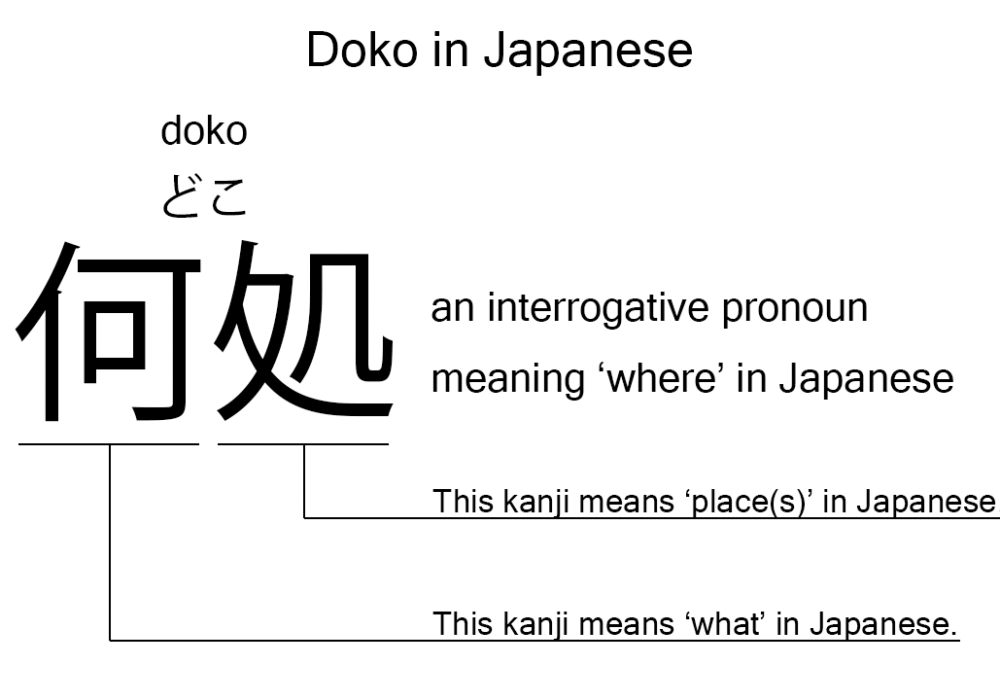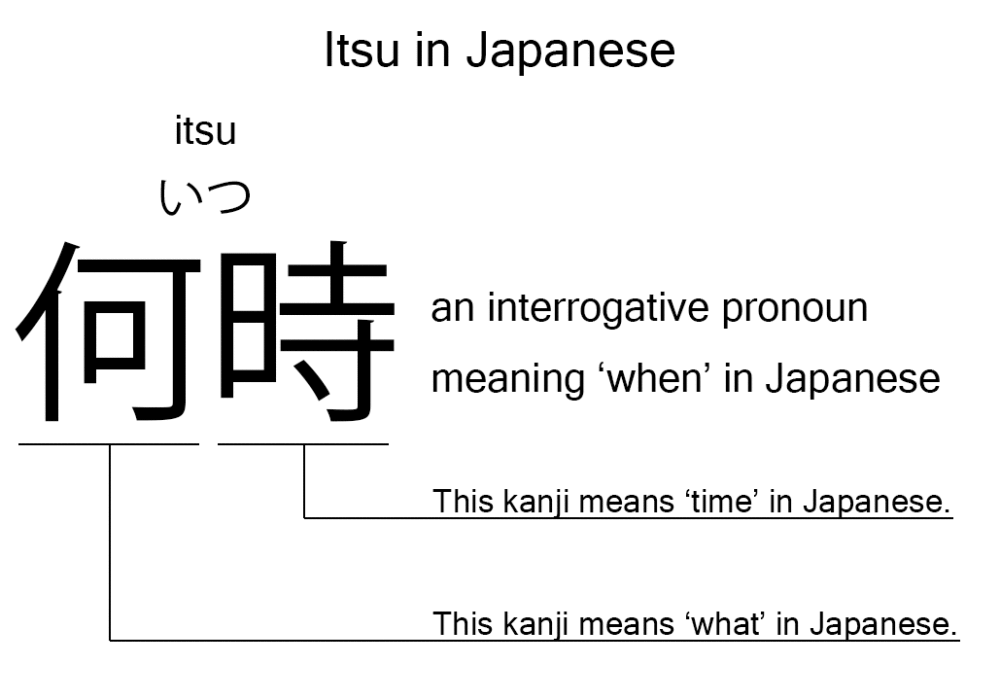Confusing verbs: "suru" and "yaru" I know that Japanese learners quite often confuse the two widely-used verbs: "suru" and "yaru". Both are very similar and, in fact, can be used interchangeably in many cases. Yet, they are not the same. So, in this blog post, I will explain their differences with examples. Honestly …
[Read more...] about Suru and yaru and their differences, explained with examples



